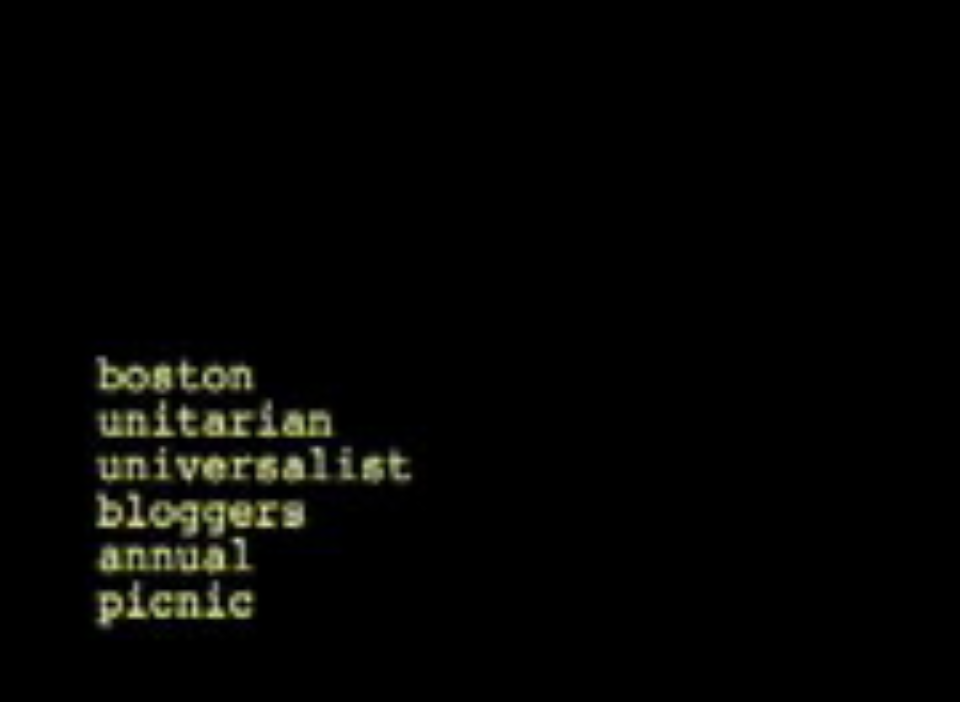Between reading for sermons and reading for pleasure, the pile of books next to my writing table has gotten pretty high. To help me remember what I’ve read in the past two weeks, here are short takes on a few of those books:
The Great Good Place: Cafes, Coffee Shops, Bookstores, Bars, Hair Salons, and other Hangouts at the Heart of Community, Ray Oldenburg.
Oldenburg claims to be a sociologist, but this book is filled with undocumented assertions that smack of nostalgia for a time that never existed. Worse, the book is rooted in prejudices of which Oldenburg doesn’t seem to be aware. Like this sentence telling why wine bars are driving pubs out of business:
The wine bars are more comfortable [than pubs], cosmopolitan, and favored among working women and the softer male that one finds everywhere throughout the modern world these days….
Based on that statement, I guess I’m glad that Oldenburg’s favorite “great good places” are fast disappearing.
Passion: New Poems, 1977-1980, June Jordan.
Jordan claims the poetic tradition of Walt Whitman, and claims Whitman as a poet of liberation, which works for me. Her poems are certainly poems of liberation. Yet she isn’t Puritanical in her liberative message. Take, for example, the poem “Alla Tha’s All Right, but,” which Sweet Honey in the Rock made into a song:
Somebody come and carry me into a seven-day kiss
I can’ use no historic no national no family bliss
I need an absolutely one to one a seven-day kiss…
Amen. I’m already figuring out how to use this poem (and others of her poems) in a worship service….
A Man without a Country, Kurt Vonnegut.
Vonnegut’s last book is short, uneven, and slight. But it’s got some kickin prose epigrams buried in the meandering text…
Shrapnel was invented by an Englishman of the same name. Don’t you wish you could have something named after you?
…and for good measure Vonnegut throws in some delightfully vicious offhand ad hominem attacks on U.S. political leadership:
…She wrote, “I’d love to know your thoughts for a woman of 43 who is finally going to have a child but is wary of bringing a new life into such a frightening world.”
Don’t do it! I wanted to tell her. It could be another George W. Bush or Lucrezia Borgia….
…and you’re quite sure Vonnegut feels he has listed the most violent man first. Slight as it is, I’ve already read this book twice.
Drawing the Line, poems by Lawson Fusao Inada.
Not just poems, but some good clear prose too, mostly telling quiet stories with lots of depth. The prose poem “Ringing the Bell” tells about a Japanese-American boy in a multi-racial neighborhood, making friends with a Mexican-American boy and his family. “Picking Up Stones” tells about a Zen teacher in an internment camp during World War II who wrote words on stones and scattered them outdoors. Some of the poems aren’t stories; “Just As I Thought” begins…
Just as I thought: One blue jay
shakes
a whole morning.
Just as I thought: The streetsweeper
is related
to the preacher….
…and goes one for six rhythmic pages, a collection of images and sounds and feelings that makes most sense when read (or chanted) aloud.
The Case of the Perjured Parrot, Erle Stanley Gardner.
A millionaire is found dead in his mountain cabin, with a parrot watching over his body. Perry Mason is called in, and he discovers that the parrot swears like a trooper and says things like, “Drop that gun, Helen…. Don’t shoot…. My God, you’ve shot me.” By the time the novel is done, there are three parrots (one of whom is brutally and bloodily murdered), a man who may or may not be dead, and a murder case that’s solved in the middle of the coroner’s trial.
In this crazy world, if I can’t get a seven-day kiss, at least I can read a Perry Mason novel.

